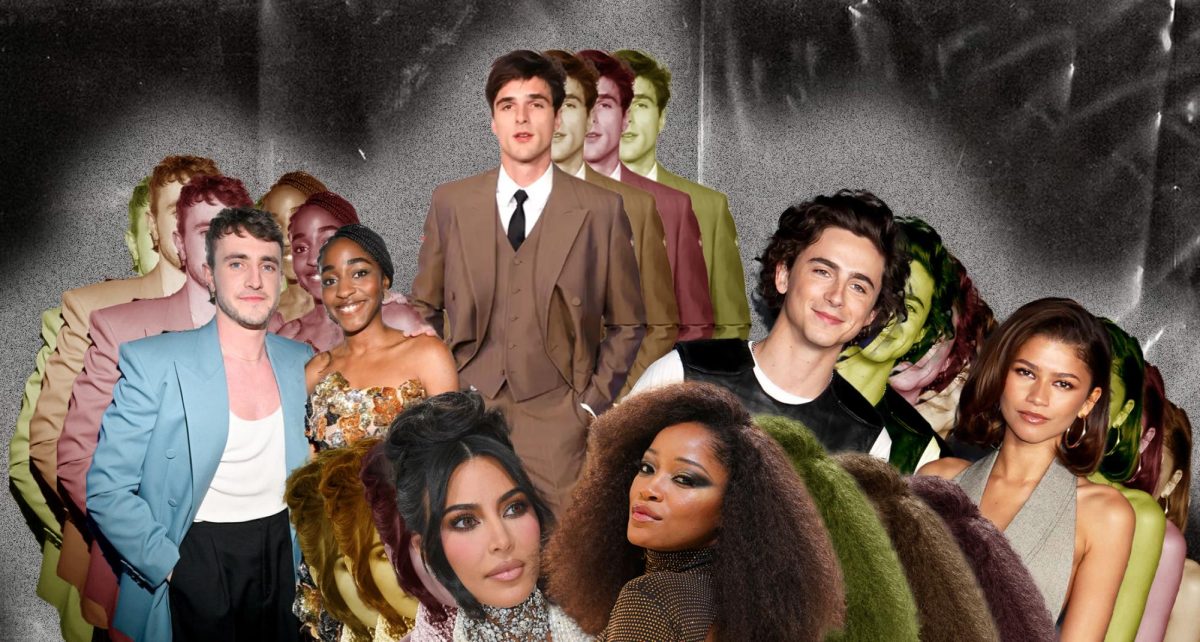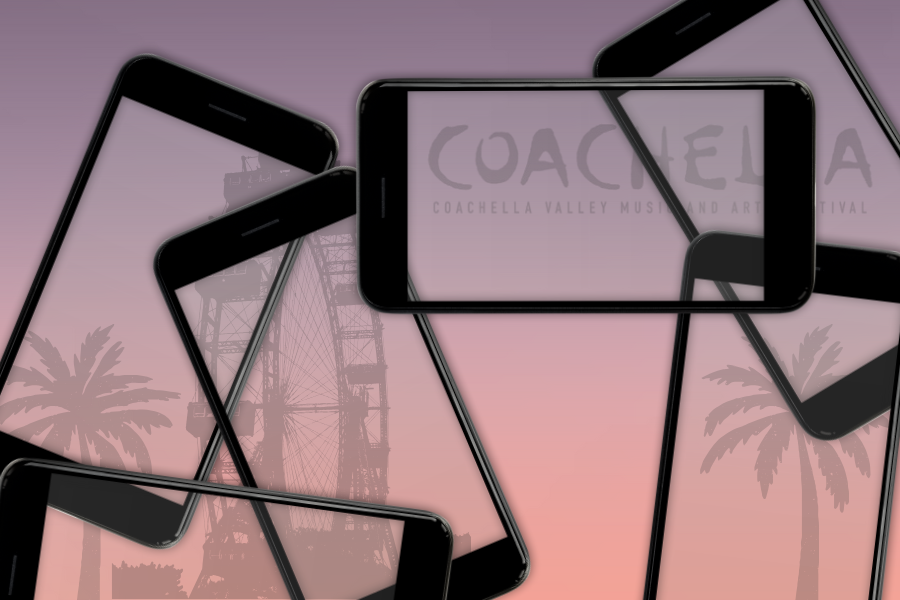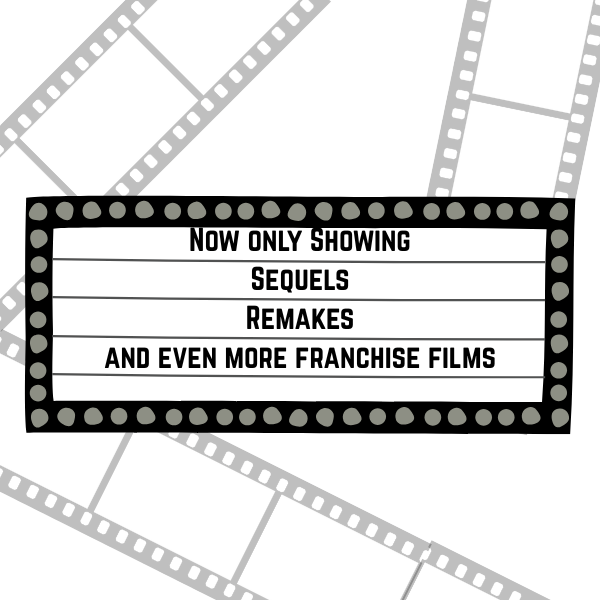With Instagram and TikTok’s popularity at an all-time high, it is easier than ever to directly connect with celebrities and influencers through comment sections and posts. However, this seems to make people think they are obligated to harass these public figures for political opinions, and “cancel” them if these opinions are not what they want to hear.
Celebrities and influencers have a lot of different niches: acting, singing, modeling and many more. However, they are still entitled to exist normally despite their following.
“Regular” people are not expected to consistently give their opinions on world issues; while they are important and everyone should be aware of what is happening, it is unfair to expect celebrities to give their opinions on each and every one of these issues.
This is especially prominent on TikTok. A popular TikToker with 7.1 million followers, Elyse Myers, was known for her storytime videos, which eventually transitioned to including her experience with her newborn son with a heart condition.
However, in the comments of each of her videos, people began to repeatedly comment and ask her to speak on the conflict between Israel and Palestine. Because her content is typically geared towards her own life and not news or world events, she did not respond to these comments.
Her comment sections became unbearable, filled with people harassing her to speak on the topic and she received a significant amount of hate for not doing so. Her comment sections became completely saturated with people discussing Palestine, particularly in a video about her son’s heart defect. Due to this barrage, Myers eventually deleted her TikTok and Instagram accounts, stating in her bios, “Taking a break from this app. See you when I see you.”
It was never her responsibility to give her opinion on this topic. Influencers are put on pedestals by the public and people expect far too much from them. We don’t expect news reporters to do makeup reviews; why should we expect influencers who don’t discuss news to suddenly give their opinions on situations they likely don’t have a full grasp of?
Not to mention, influencers and celebrities are not experts; they don’t have any more insight into these issues than the rest of us, and likely will not provide any new information. Giving their opinions will not overtly benefit them or their audience; no one will receive any new information, and saying something people deem to be “wrong” will likely cause significant backlash for the creator.
Forcing creators to give their views will not enact any real change. People should focus this energy towards lawmakers and officials who have legitimate power to create positive change because they seem to avoid most of the blame for these catastrophes.
In particular, one group who refers to themselves as “Operation Watermelon” on TikTok, was in Myers’ comment section. They are focused on getting celebrities to share their opinions on the crisis in Gaza but have taken it too far, creating objectives to convince influencers to give their opinions.
The purpose of celebrities and influencers is to entertain in their respective categories. They are not required to share their opinions on highly volatile world issues, and should not be harassed to do so. These issues can change very quickly and should be treated with the utmost respect and sensitivity, and with the nature of “cancel culture,” public figures could easily be canceled for their views or lack thereof.
Another instance in which a celebrity was “canceled” for having a different opinion is in the case of Colin Kaepernick, former NFL quarterback for the 49ers. He chose to kneel during the national anthem to protest police brutality and racial inequity in 2016.
He and other players received significant backlash and hate for this decision, including from former president Donald Trump, who said that they lacked respect for the nation and should “leave the country.” Kaepernick also stated that he received death threats for this decision.
This affected his future career as well; he previously had many awards and strong stats as a quarterback, but after his activism, he was not signed by any other NFL team. He filed a grievance against the NFL but received no results, and has not signed to any other team since 2016.
This particular issue of celebrities being held to impossible standards stems directly from cancel culture; the definition of which is highly debatable, but it comes down to a large group of people condemning someone for their actions. While sometimes this is acceptable, such as a celebrity committing a crime, it is unfair to disallow someone from having an opinion different from your own or simply refraining from speaking on large and complex world issues.
Because this form of social media is relatively new, appearing in the last few decades, this is also a new problem for society to experience. However, it is likely going to occur more and more, because standards are only getting higher.









